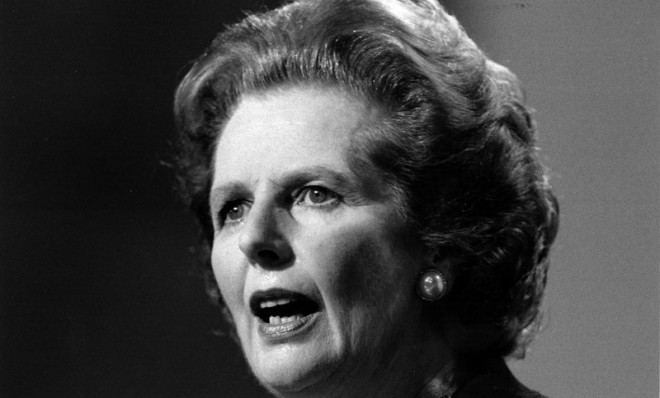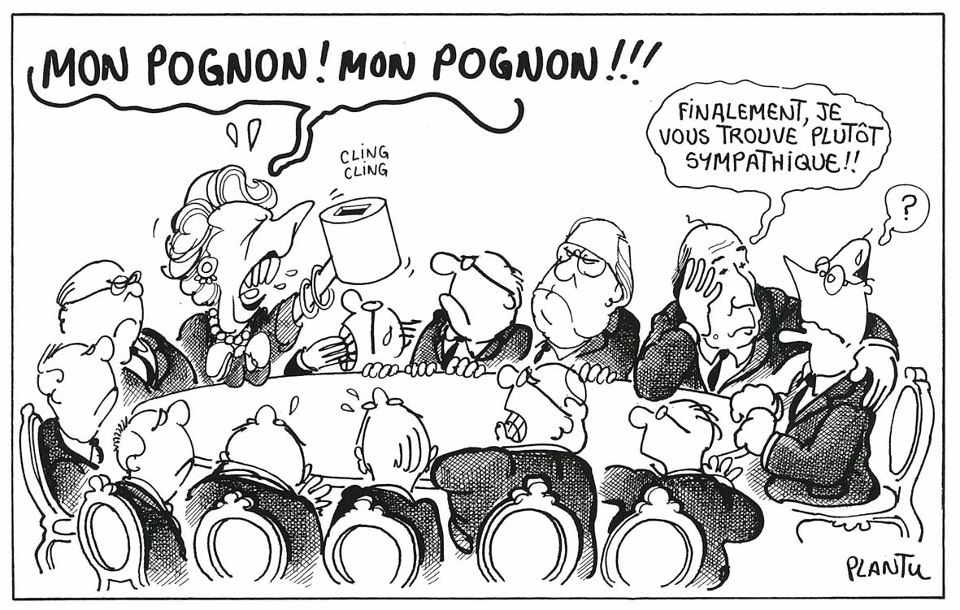
Keystone/Getty Images
Margaret Thatcher, also known as the Iron Lady, has died on April 8th. The media and think tank planets have not missed the occasion to discuss her policies, attitudes and legacies. I will neither write an obituary nor a commentary on Ms. Thatcher, but rather list below the most outstanding coverage on the question. As general as it sounds, no need to underline that she was a controversial political figure marking not only her generation but the ones to come.
The starting point for any person with limited knowledge on Ms. Thatcher ought to start with the outstanding reflections on Ms. Thatcher’s life as a woman and Prime Minister offered to us by the BBC Global News. This is a magnificent piece of journalism and history. Here is the link below:
http://downloads.bbc.co.uk/podcasts/worldservice/globalnews/globalnews_20130409-1104b.mp3
Lionel Barber of the Financial Times reflects in a short video of the impacts of the Iron Lady on England and the UK
The Financial Times ran several fantastic stories on the edition of April 9th, 2013, such as
Sue Cameron and Joe Rogaly, “Margaret Thatcher 1925-2013”
Gideon Rachman, “Iron Lady’s decisions on free trade and nation-state still echo worldwide”
Martin Wolf, “Thatcher: the great transformer”
The slideshow produced by the New York Times illustrates quite well in 15 pictures the turning point of her life.
The New York Times published on its site an interview with Former Secretary of State Henry A. Kissinger reflecting on Thatcher
For the sake of it, it is important to remember her position on the EU as her ghost over the debate on Europe is still floating over Britain. Prime Minister Cameron is walking directly in her footsteps as his recent speech on the British vision of the EU reopened the Pandora box of British euro-skepticism. She was axiomatic on the development of the Common Market and worked closely with Jacques Delors, President of the Commission, in order to launch the single market. However, her speech at the College of Europe in 1988 certainly did not fit very well with the direction of the European construction at the time as she emphasized the need to protect the state of Britain against the EU. She understood the need of European integration for only ‘economic liberty.’ She was deeply opposed to the idea of a European superstate. Here is her influential speech:
One can realize that most of the abstracts and videos come from the anglo-saxons press. The French press has been much more critical – see Liberation and Humanity – on reflecting on her legacy. This cartoon produced in 1987 by famous and influential French cartoonist, Plantu, illustrates very well the tension between Western European states in the 1980s. President Hollande reactions after her death is in the continuity of the coldness from the Socialist political class toward the Iron Laby as he declared: “She maintained a relationship with France that was Franck and honest… She forged a constructive and fruitful dialogue with Francois Mitterrand. Together they worked to reinforce the links between our countries.” Hollande’ speech says it all about the French perceptions of Ms. Thatcher.

Plantu. Dessin publié dans Le Monde en décembre 1987
You can either love her or hate her, but the only point of agreement on her legacy is that her presence in our political life and ideology will remain for quite some times. Farewell My Lady.